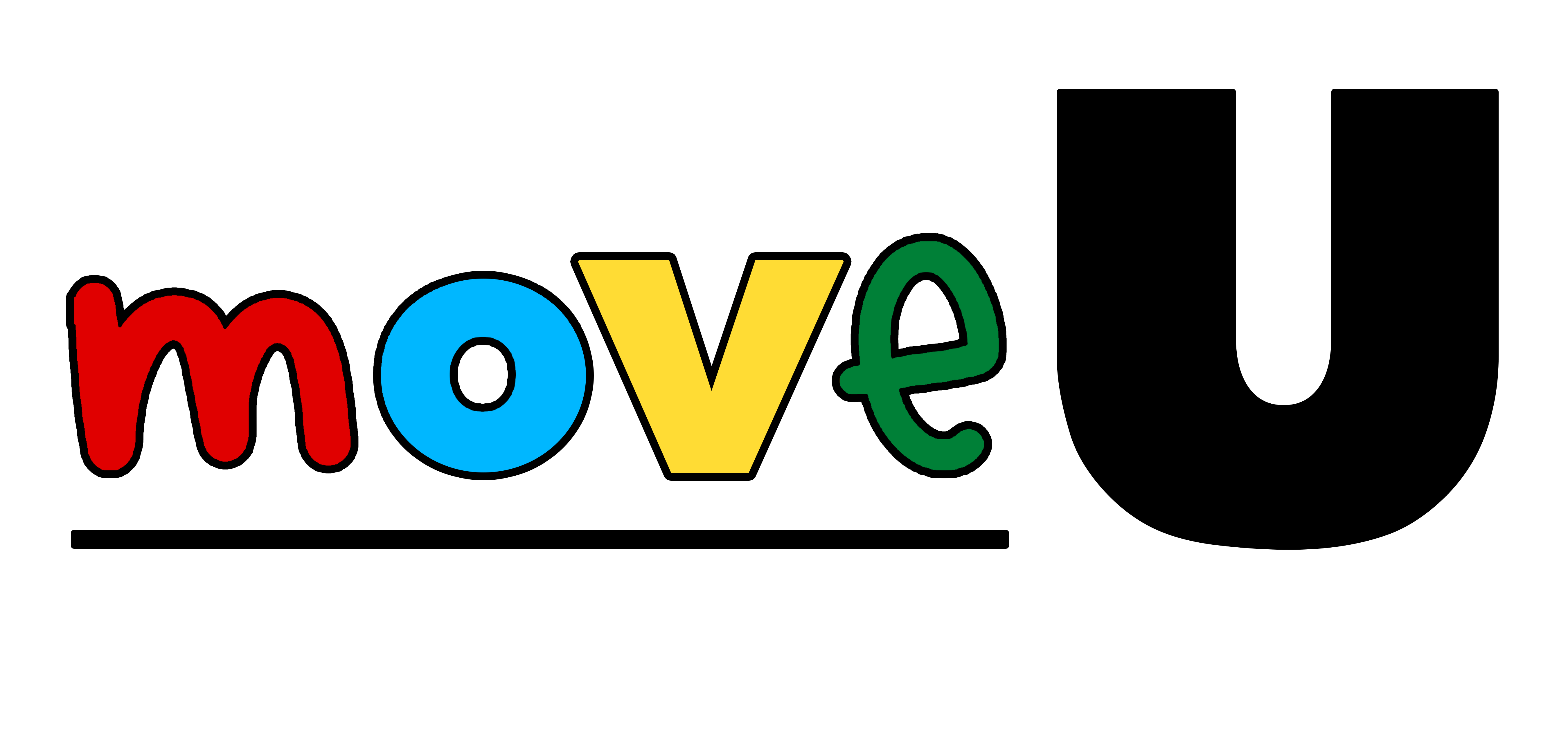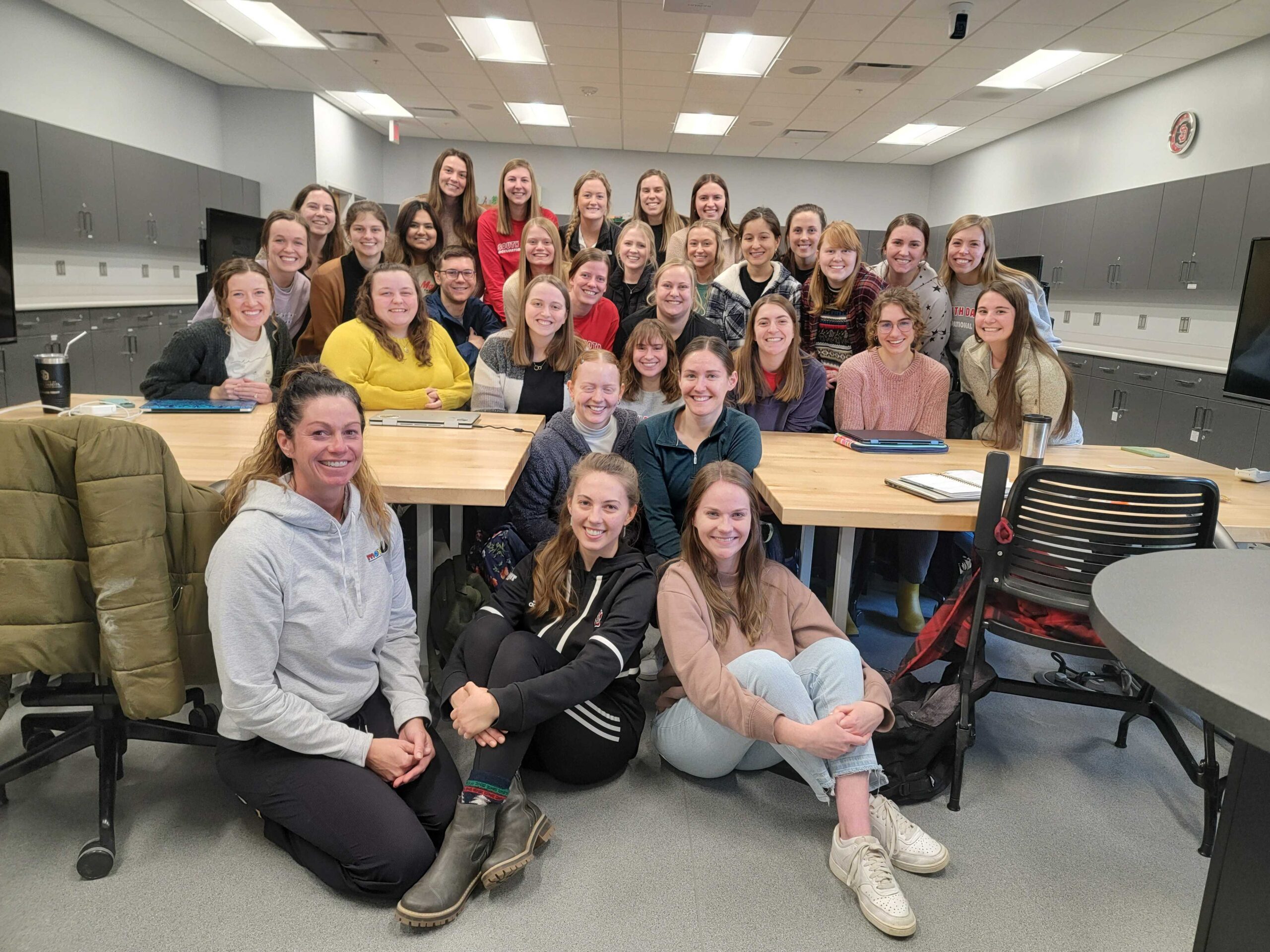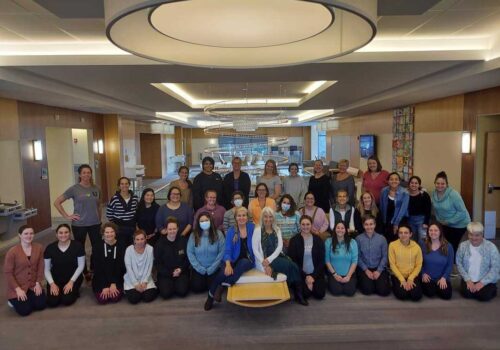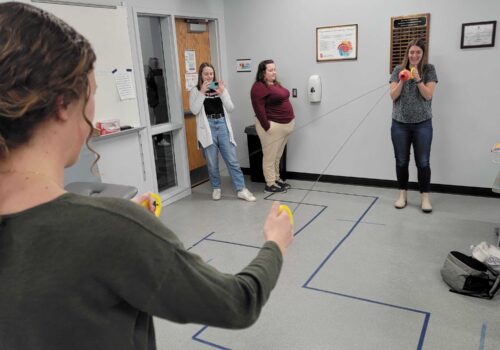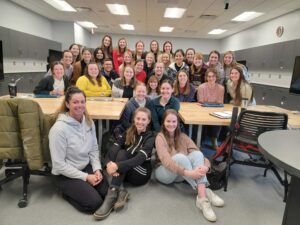
Our Business Pillars & Kristin's Teaching Philosophy
I have always provided education to parents and children within sessions and have been doing more community-based education as of late, but this year, I will be s-t-r-e-t-c-h-i-n-g my brain and the brains of occupational therapy students at the University of South Dakota as an adjunct professor. This won’t impact my current clients or families at Move U, but it will provide Move U with the opportunity to impact the knowledge and mindset of upcoming occupational therapy practitioners. I’d like to share the top 5 key points that I want to instill in the young professionals which are things that you have witnessed in your child’s therapy sessions if I’ve been lucky enough to work with your child. Not only do I rely on this foundation of education in my treatment sessions but now I am lucky enough to share with all of you!
- Child and Family First – Seeing a child and the family at the heart level and truly listening to their story without judging or inserting opinions is essential. A child is part of a family unit, so when a child is struggling, it impacts the family as a whole. Lowering yourself to the child’s level and following the child’s lead is essential to building comfort and rapport. Involving parents and child (as able) in the goal setting process and checking in on participation and functional components frequently is essential.
- A great treatment session begins with a solid assessment. Time and time again, parents report that their child has been seen by another therapist for an extended period of time; however, they are not seeing the progress that they were hoping for. Oftentimes, this occurs because a therapist has not been adequately trained and therefore, was unable to perform a skilled assessment. The information acquired from a thorough evaluation allows a therapist to develop a working hypothesis and intervention that is data driven.
- Knowledge is Key – Never be satisfied with what you have learned so far. The more you learn, the more you will learn that you have more to learn. Take advantage of every learning opportunity. You will never regret it!
- Therapeutic Use of Self – Establishing yourself as a play partner while being fun, joyful, playful, and authentic is vital. Know the underlying targets of the intervention but allow for the play to flow using the child’s interests coupled with you as the best toy in the room.
- Don’t pretend to have all of the answers. If you don’t know, never pretend that you do. Families deserve to know your comfort level with the topic or concern area. Be honest about this and look to the research to support and guide intervention or refer to a more appropriate provider as needed.
Do you want to learn more about treatment with Kristin at Move U or her foundation of education philosophy? Contact us here!
